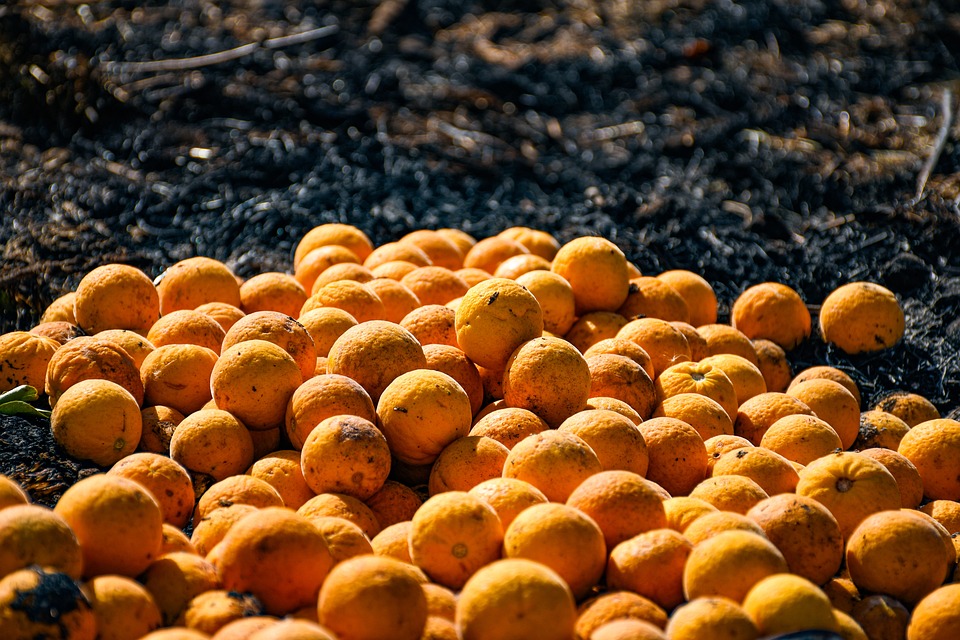Fruit and vegetables are a core component of healthy diets. But the processing of fruits and vegetables produces the highest waste in the environment. As per estimates, approximately half of the fruits and vegetables produced worldwide are wasted.
Now, researchers at the University of British Columbia Okanagan are exploring the potential of using this fruit waste to power fuel cells. The Okanagan Valley is well known for its abundance of locally grown fresh fruit. This makes it an ideal location for this type of research.
While the energy extracted from food scraps is still not as efficient as solar or wind power, researchers are working to purify and improve the energy output of discarded food, particularly fruit waste.
Using an anaerobic anode compartment, researchers are creating microbial fuel cells to convert fruit waste into electrical energy. During the process the electroactive microbes consume the organic matter and release electrons and protons, creating bioelectricity.
UBCO researcher Dr. Hirra Zafar explains, “Today, food waste is a sustainability challenge with detrimental environmental, economic, and social implications,”
“Current waste treatment methods, such as landfills and incineration, are associated with a wide range of adverse environmental impacts, including acidic waste leachate, air pollution, methane production, and the release of harmful pollutants that result in environmental degradation and health risks.”
By turning discarded fruit into energy, we can not only reduce the amount of waste in landfills but can also decrease our reliance on non-renewable energy and promote sustainability.







